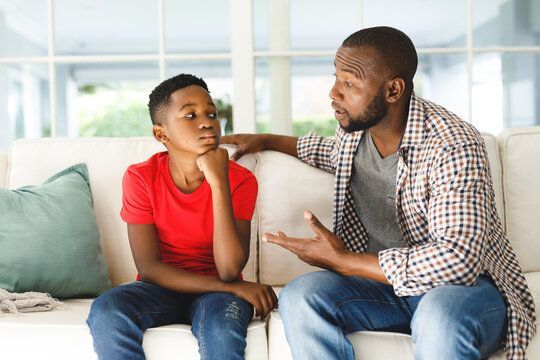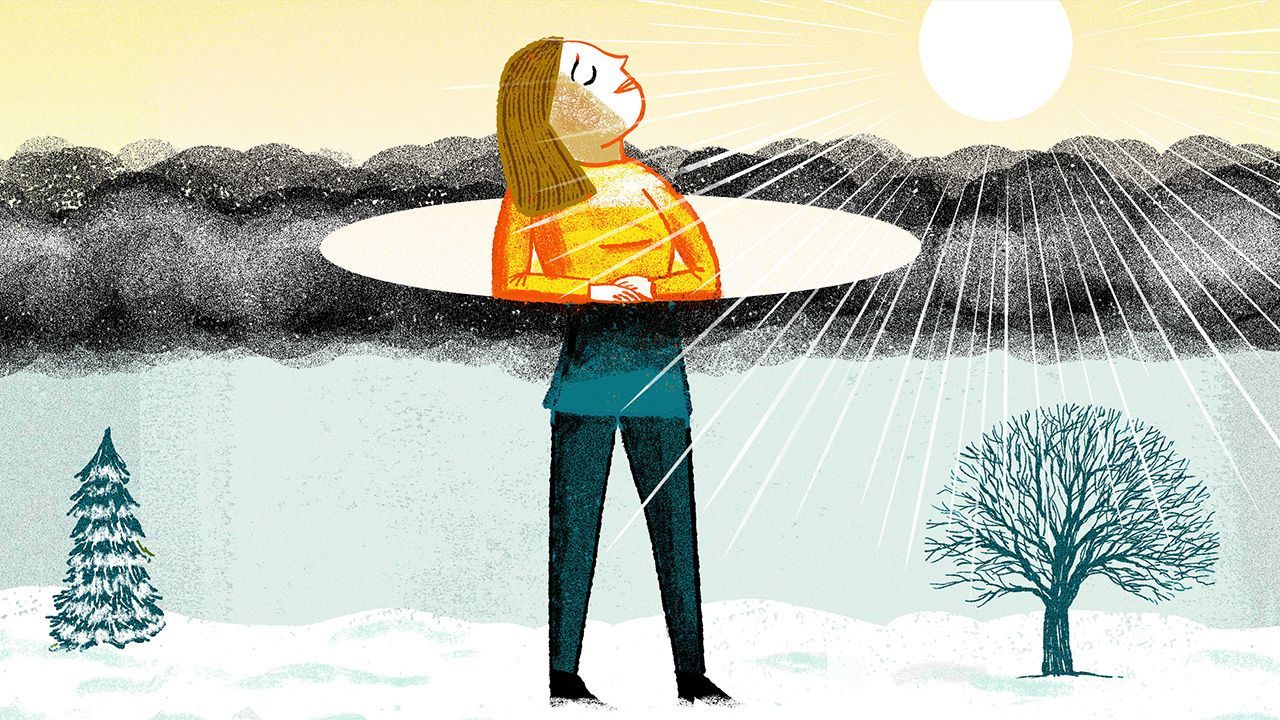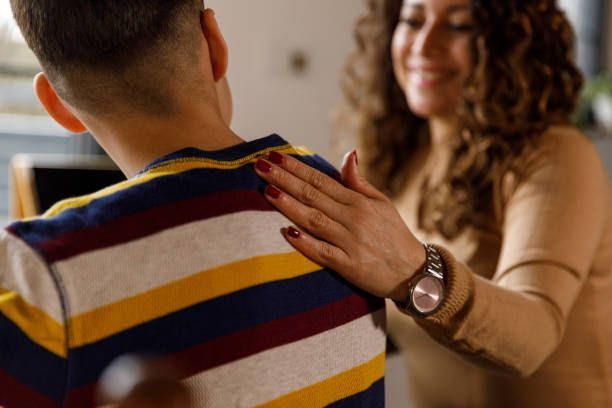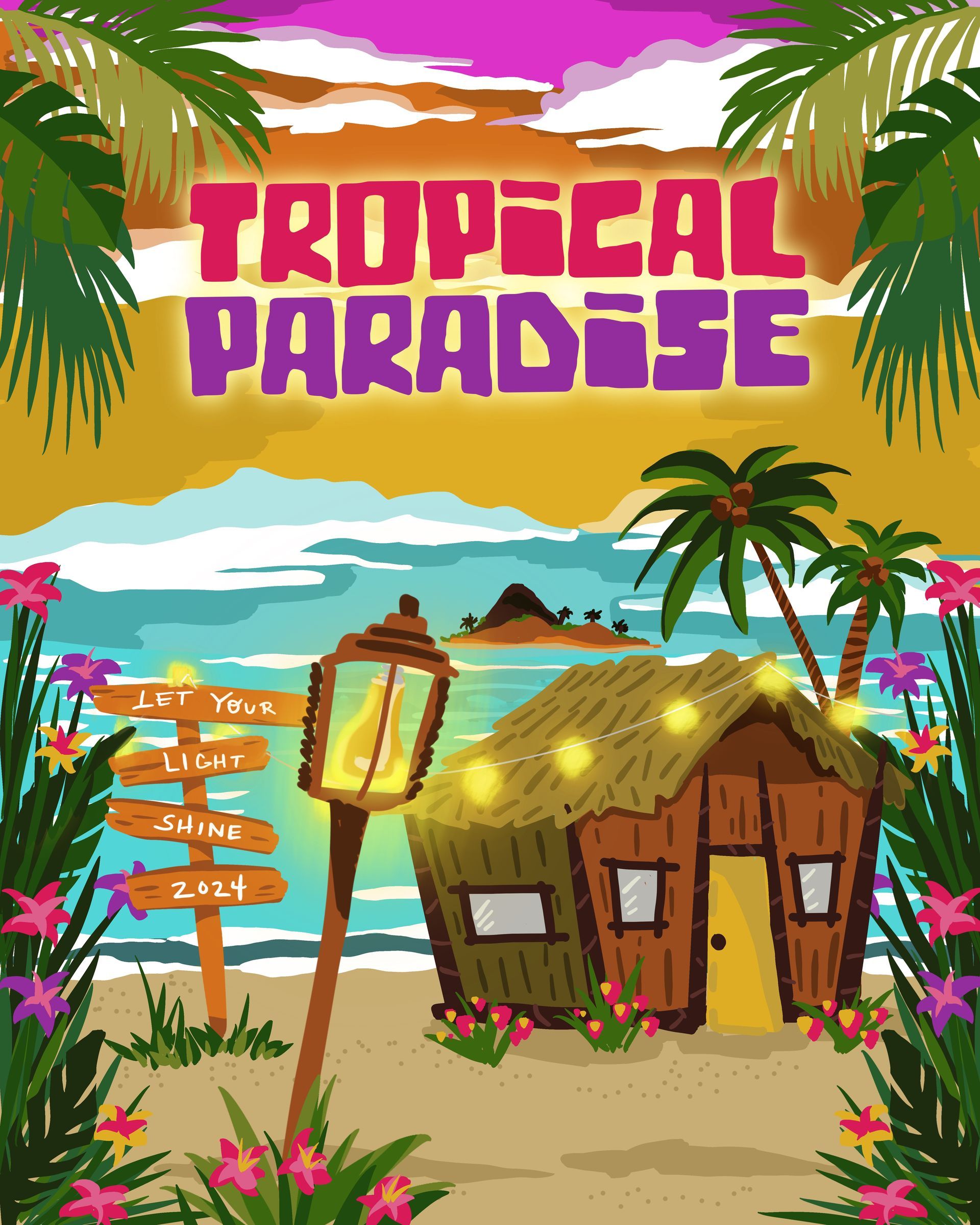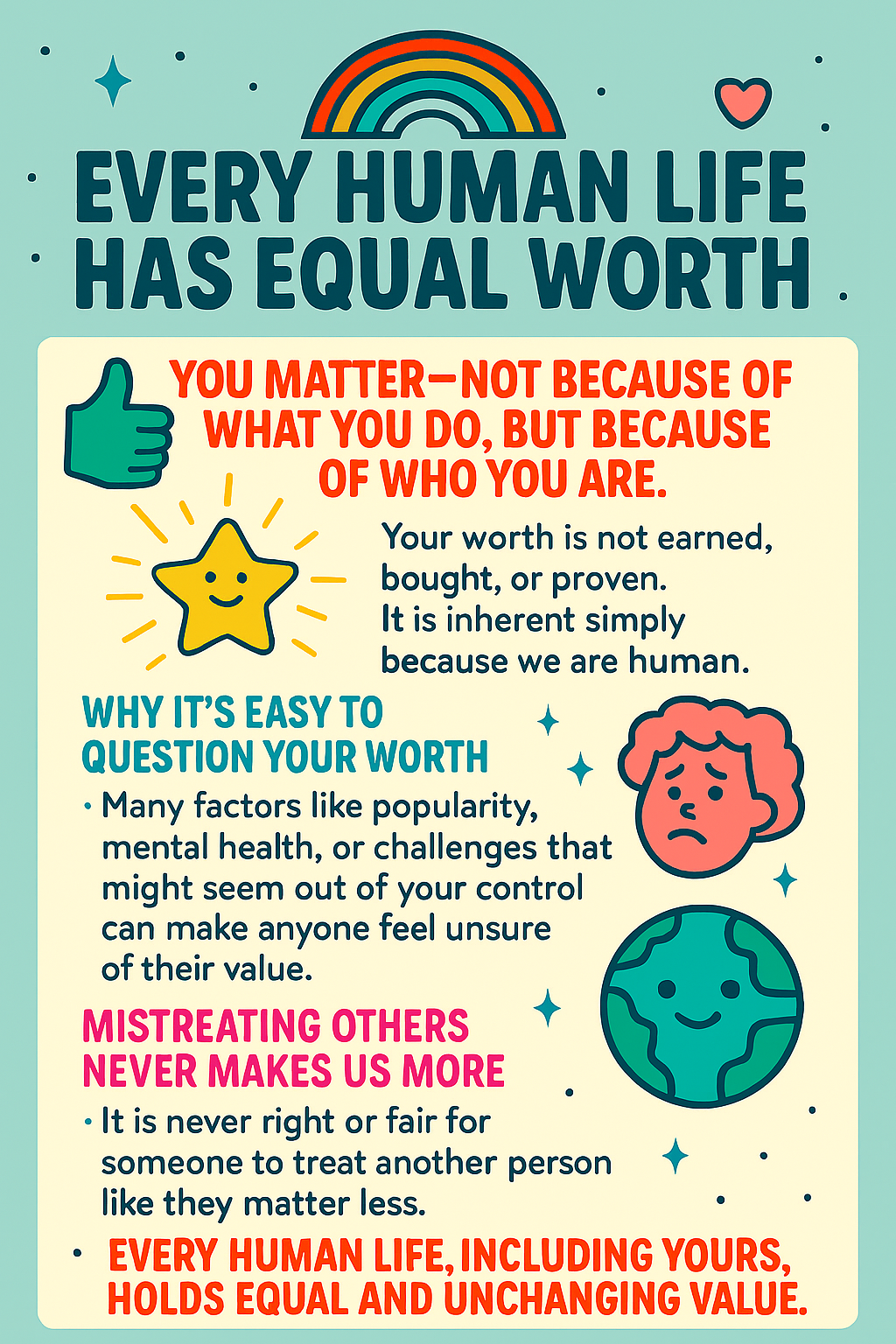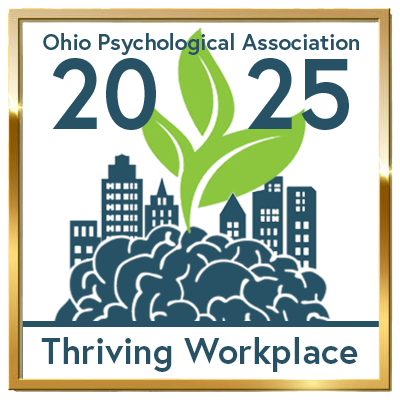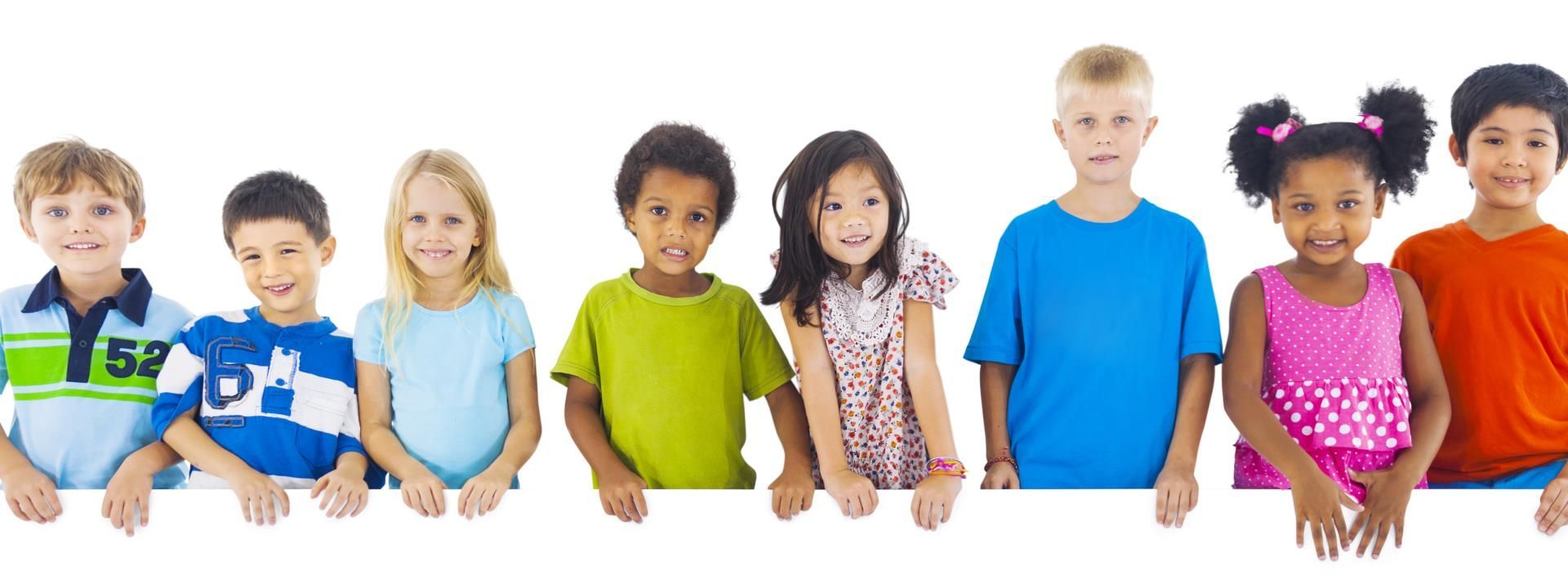
Family Programming is Child and Adolescent Behavioral Health’s newest program and specializes in offering parenting strategies for families who have toddlers and children struggling with behavioral issues to offering tips to parents of teenagers. Family Programming will offer this support through two different programs: Positive Parenting Program (Triple p) and Strengthening Families Program (SFP).
The Triple P – Positive Parenting Program®
The Triple P – Positive Parenting Program® is one of the world’s most effective parenting programs. It is one of the few based on evidence from ongoing scientific research. There have been more than 200 evaluation papers, including 104 randomized controlled studies, showing that Triple P works for most families in a variety of cultures, countries, and family situations. Triple P works by giving parents the skills to raise confident, healthy children and teenagers, and to build stronger family relationships. It also helps parents manage misbehavior and prevent problems occurring in the first place. But it doesn’t tell people how to parent.
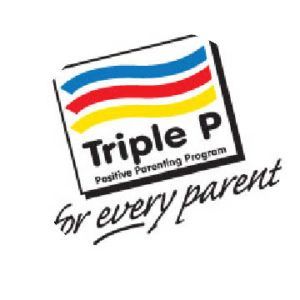
Rather, it gives them simple and practical strategies they can adapt to suit their own values, beliefs, and needs. Triple P is also different because it is not ‘one size-fits-all’. It’s a system that offers increasing levels of support to meet parents’ different needs.
Parents can choose anything from one-off public seminars or self-help books to more detailed group courses or individual sessions. Several specialist Triple P programs have also been developed. These include Teen Triple P programs (for parents of teenagers); Stepping Stones Triple P (for parents of children with a disability).
Child & Adolescent Behavioral Health has over 13 staff who provide ten different options of Triple P. Our menu of services consists of levels 2-5, with group and individual options. We will help find the best fit for each parent. Services are offered in the office, the community, in homes, schools and virtually.
| Triple P Title | Brief Description | Sessions/time |
|---|---|---|
| Specific topics provided as an informative lecture | ||
| 0-12 Level 2 Seminar | 3 topic options; Raising Resilient Children, Raising Confident/Competent Children, and Power of Positive Parenting | 90-minute seminar |
| 0-12 Level 3 Primary | Examples: ADHD, new baby, going to school, potty training, tantrums, naptime, siblings, Autism and more | 4 individual sessions |
| 0-12 Level 3 Discussion | 5 topics offered: disobedience, aggression, mealtime, bedtime, or shopping | 2-hour session with other parents |
| 0-12 Level 4 Standard | Numerous strategies to help build family relationships, teach new skills, prevent, and manage misbehavior | 10 individual 1-hour sessions |
| 0-12 Level 4 Group | Numerous strategies to help build family relationships, teach new skills, prevent, and manage misbehavior | 8 2-hour sessions with other parents |
| Stepping Stones Level 4 Group | Numerous strategies for parents of children with developmental disabilities | 10 individual 1-hour sessions |
| Stepping Stones Level 4 Standard | 4 topics offered; coping with teenager emotions, getting teenagers to cooperate, building teenagers' survival skills, reducing family conflict | 2-hour session with other parents |
| Teen Level 4 Group | Numerous strategies to help build family relationships, teach new skills, prevent, and manage misbehavior of teens aged 12-16 | 8 2-hour sessions with other parents |
| Level 5 Pathway | strategies parents struggling to regulate their own emotions | up to 5 individual sessions |
Triple P services are provided free to the community through the support of Ohio Children’s Trust Fund and United Way.

Strengthening Families Program
Family Programming is offering a Strengthening Families Program (SFP). SFP family relationship skills are useful for all families with children ages 7-17, not just those at risk.
The goal of the SFP program is to strengthen a family’s bond, communication, promote pro-social skills, and prevent and reduce adolescent substance abuse and other problematic behaviors in youth 7-17. Strengthening Families is built on five protective factors: parental resilience, social connections, concrete support in times of need, knowledge of parenting, and child development and social and emotional competence of children.
Research has demonstrated a strong link between what parents know about parenting and child development and how they behave with their children. Parents with more knowledge are more likely to engage in positive parenting practices, whereas those with limited knowledge are at greater risk of negative parenting behaviors.
Results from previous participants reported:
- Increased family bonding
- Increased parental involvement
- Increased positive parenting skills
- Increased positive communication
- Increased family organization
- Decreased family conflict
- Decreased youth depression
- Decreased youth aggression
- Increased youth cooperation
- Increased number of pro-social friends
- Increased youth social competencies
- Increased youth school grades
C&A is offering both Triple P and Strengthening Families for free. Triple P is offered in person and virtually; SFP will be offered in person twice, once in the Fall and once in Spring. These 2 research-based prevention programs will support parents in effectively and confidently handling social, emotional, and behavioral issues before they become bigger and more challenging concerns in the future. C&A, like other behavioral health agencies across the country, is experiencing a shortage of qualified clinicians on staff. By offering these preventative programs, the goal is to provide skills to parents to prevent needing mental or behavioral services in the future.
Strengthening Families is provided to the community for free through the support of StarkMHAR.
“We are excited to be able to help support all families through their parenting journey,” said Family Programming Program Manager Larissa Haring. “Parenting is hard and exhausting, let us help provide you with strategies and new ideas to balance all the hard with many more hugs and joy.”
For more information on C&A’s Triple P and Strengthening Families Program, please visit our website at www.childandadolescent.org/family-programming. You may also sign up for parenting classes on this page, call program assistant Deanna Moyer at 234-348-1958, or email dmoyer@childandadolescent.org.
Dan Mucci is the author of this blog post. Contributing to this post was C&A's
Family Programming manager Larissa Haring, LPC, OCPC, ECMHC, who has 22 years experience working with early and middle childhood youth. Mucci, who is is C&A’s marketing coordinator, has more than 20 years of writing experience. To learn more about the services the agency offers, visit
www.childandadolescent.org , call 330.433.6075 or email
dmucci@childandadolescent.org.
RECENT POSTS

